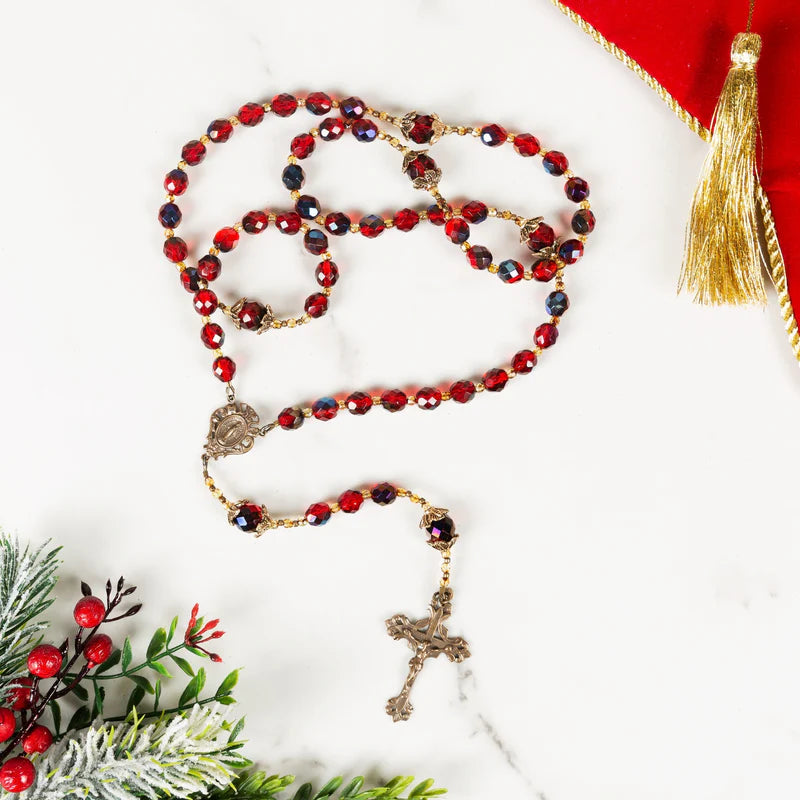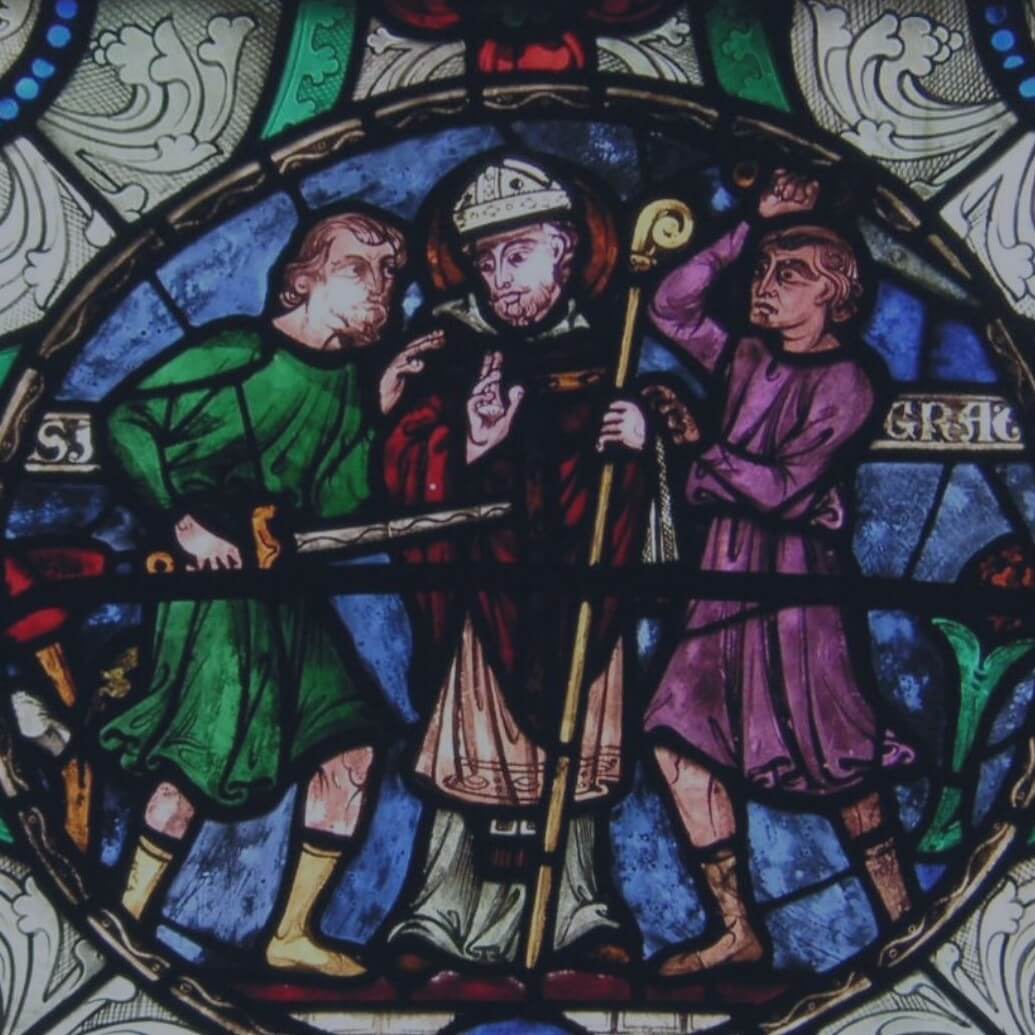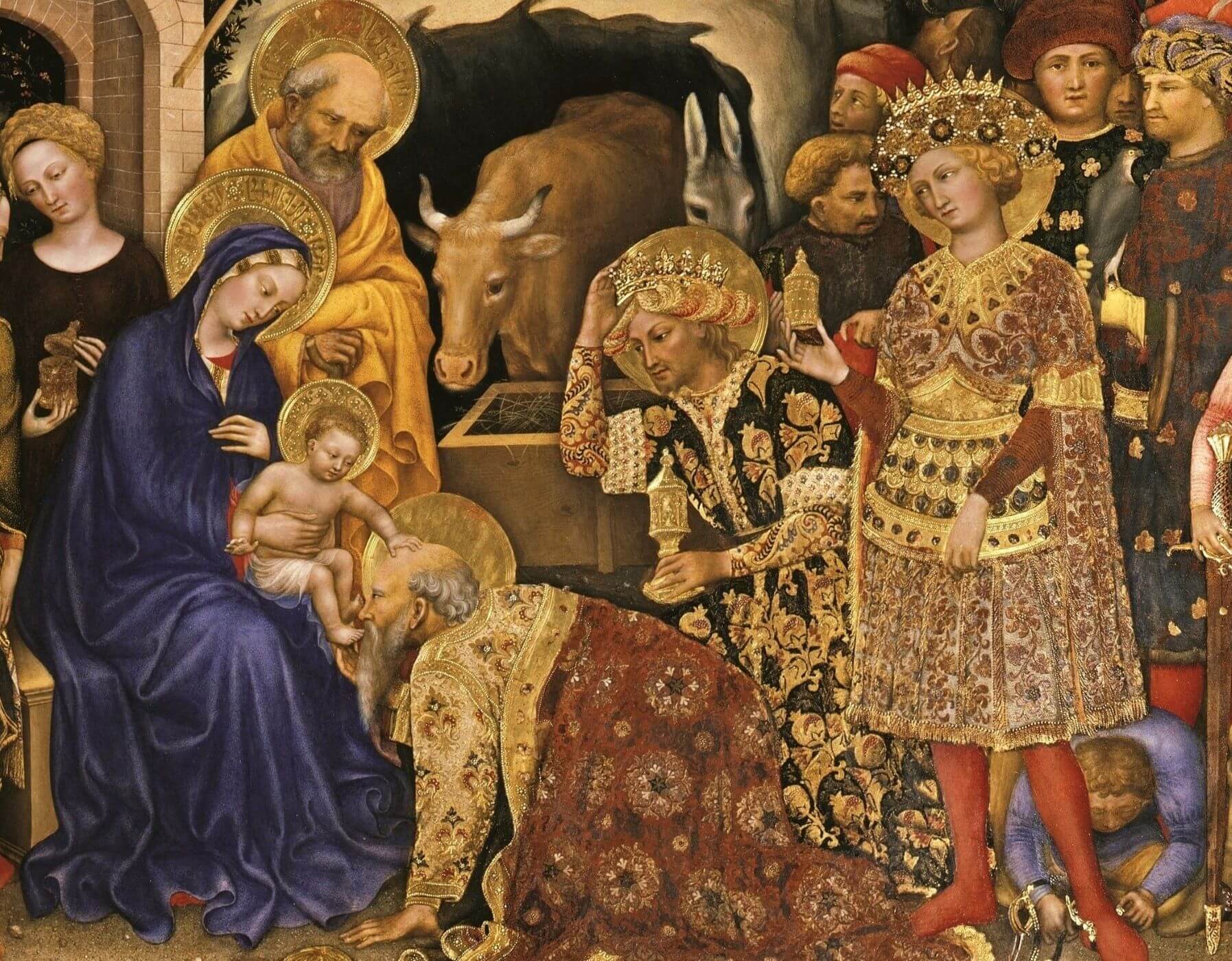St. Basil was born into a family of saints.
His father was St. Basil the Elder, his mother was St. Emmelia, his sister Macrina and his brothers, Peter, bishop of Sebaste, and Gregory of Nissa (Nazianzen), are also honored amongst the saints.
From his father, the young Basil had his first training in the rudiments of Christian doctrine, and he continued his studies first in Constantinople and then in Athens. At the same time, he undertook the study of rhetoric, starting a brilliant career as a lawyer.
However, this brilliant man with his powerful rhetorical skills soon left his work and studies to follow his true vocation: a life of silence and prayer.

St. Basil departed from Caesarea and began to travel, first in Pontus, then to Egypt, Israel, and Syria. He traveled unconventionally, not following a set path but rather allowing himself to be drawn to monks and hermits and learning from them along the way.
During his travels, God spoke to him in prayer and urged him to return to Pontus. There, he reunited with Gregory of Nissa and with him founded a small monastic community, based on rules that Basil had thought out during his travels.
He only set out to establish a humble monastery, but St. Basil’s Rule has become the cornerstone of Eastern monasticism—much like St. Benedict’s Rule in the West—and is still followed today.
Although you may not be called to monasticism, you can still follow St. Basil’s example of prayer and meditation. The Eastern tradition of prayer often employs beautiful icons to aid in contemplation. Inspired by this approach, our beautiful Mini Table Shrine of Divine Mercy is the perfect way to visually contemplate Our Lord’s love for us and begin to practice the Eastern approach to prayer! Available today from The Catholic Company!
























